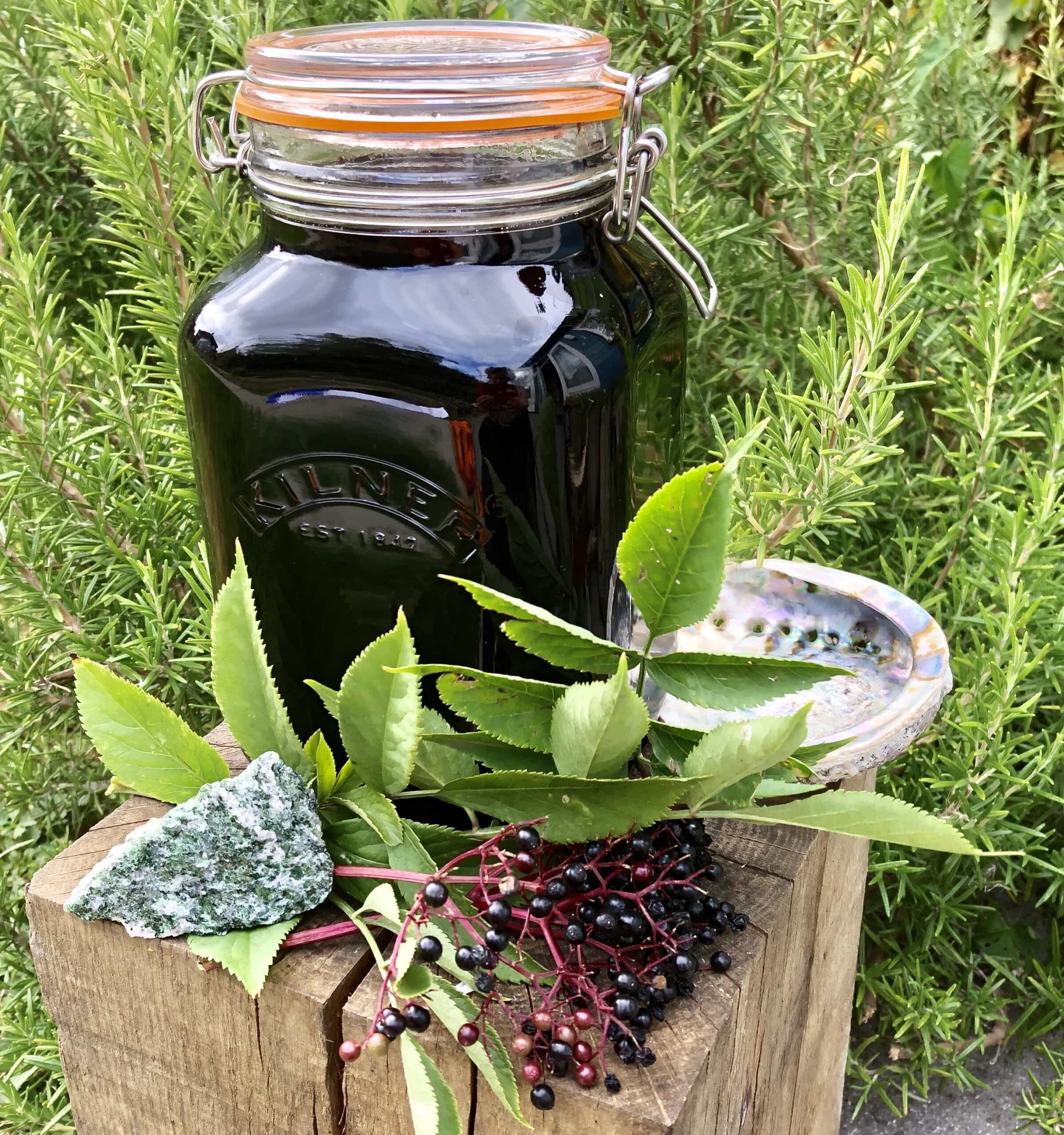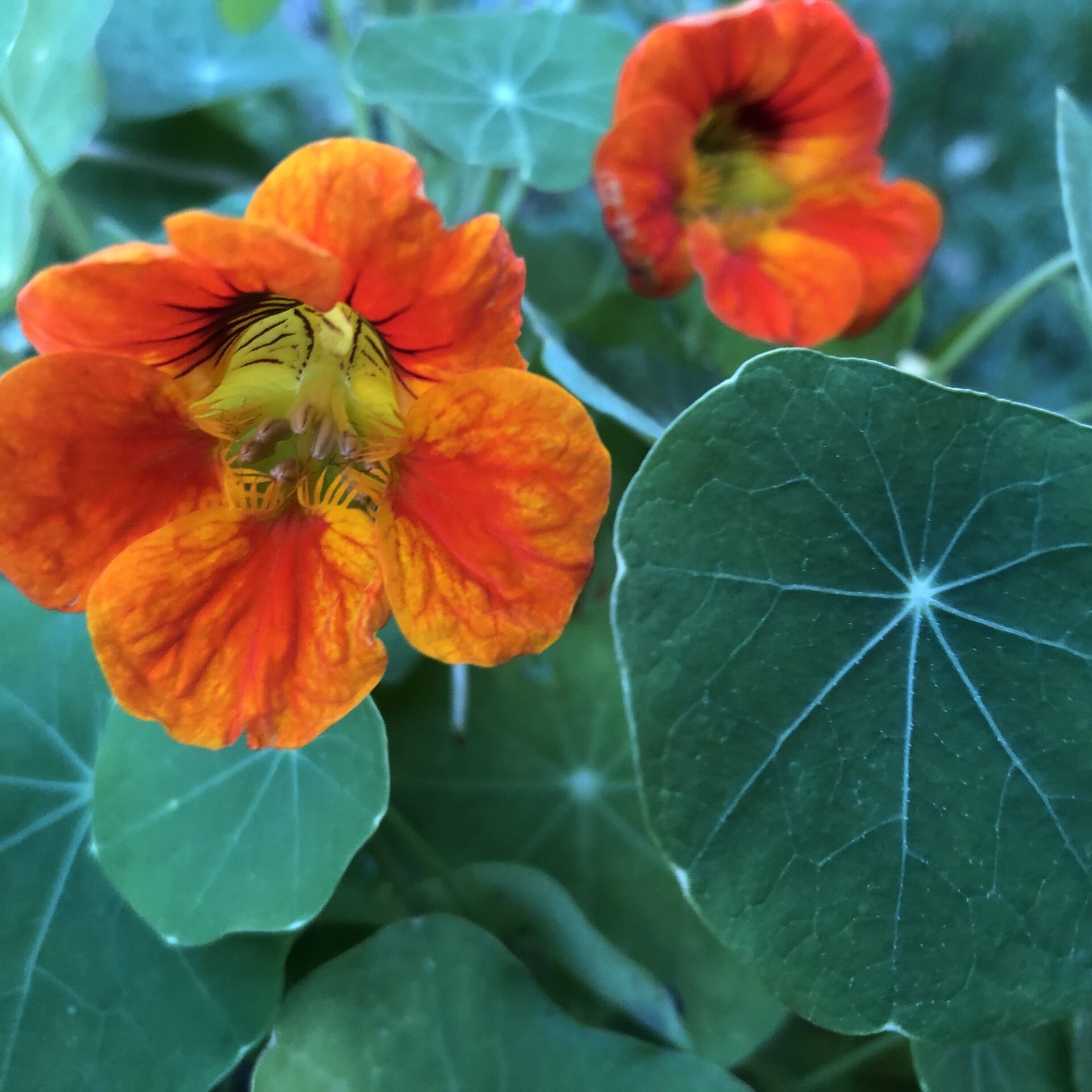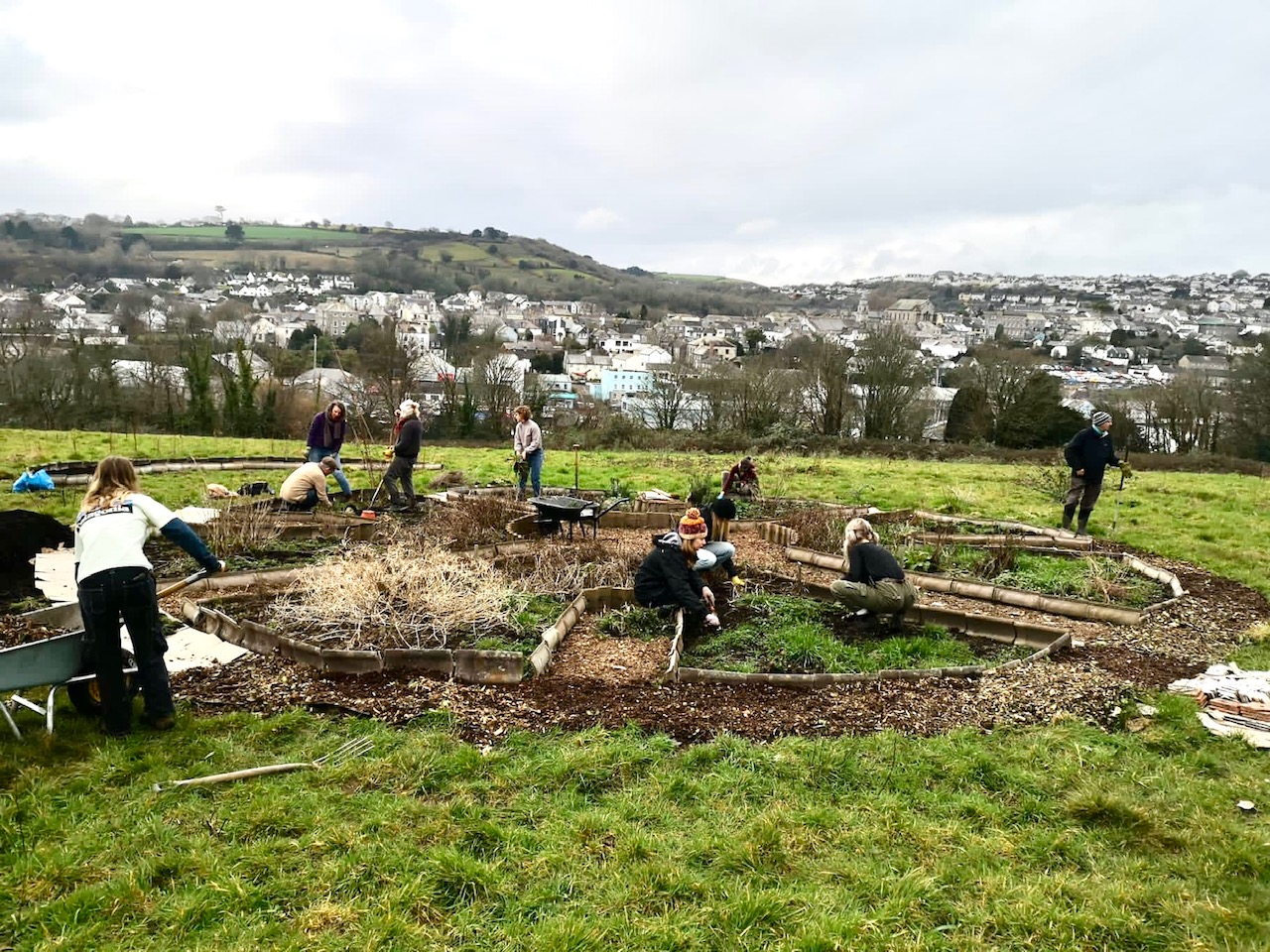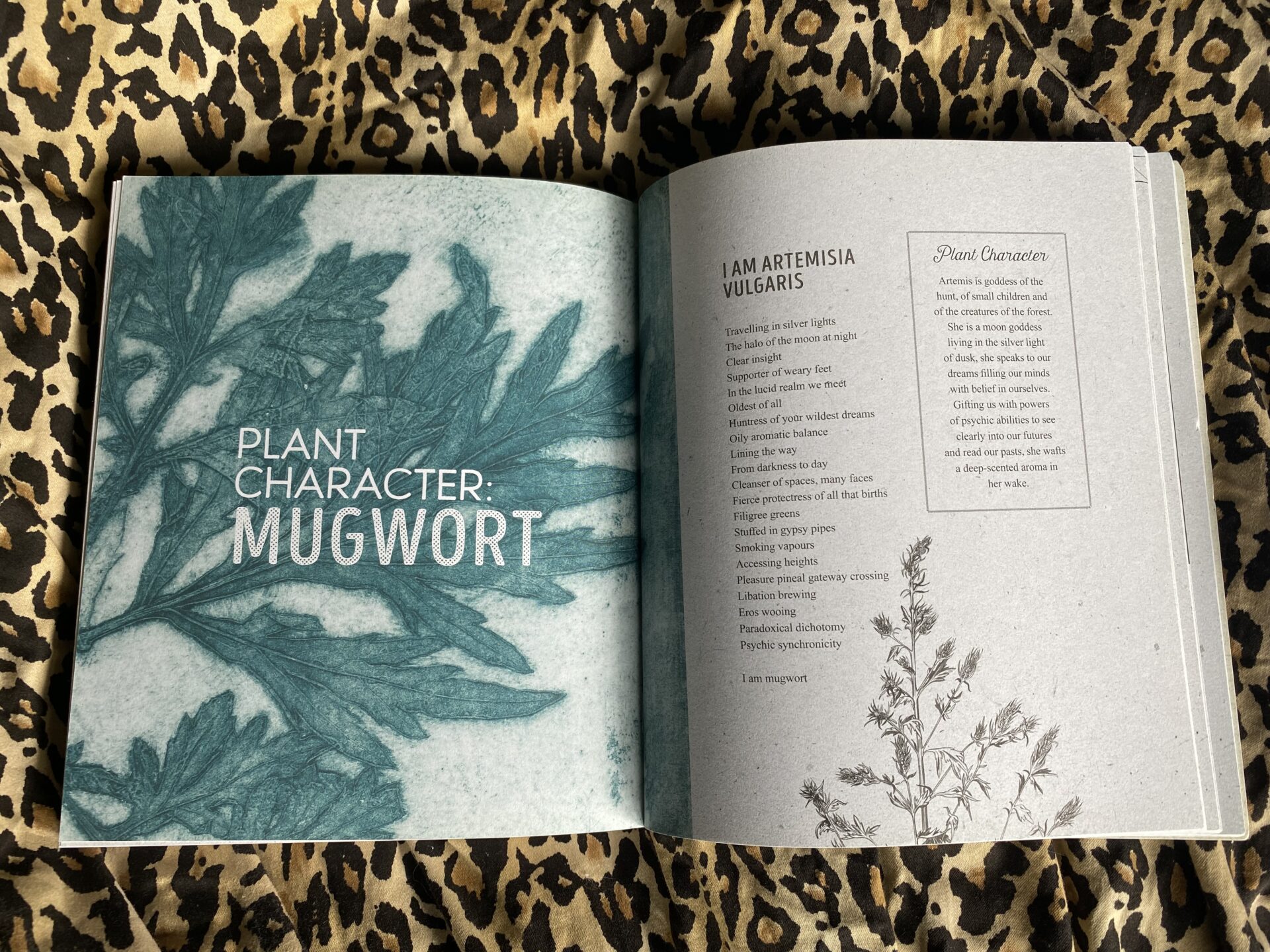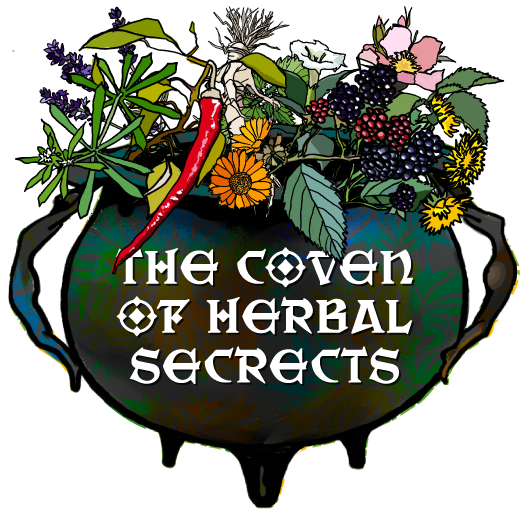Creating herbal remedies
There are various ways to store herbs once you have gone out and harvested them – it is lovely to have fresh herbal infusions, but fresh herbs are seasonal, thus preparing them for use later on is an important part of herbalism. In this blog, Herbal Tincture Making, we are looking at one way to preserve the medicine of herbs – Tincturing.
Herbal Tinctures
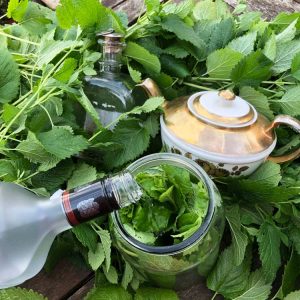
Tinctures are alcoholic extracts of herbs made using a variety of different alcohols. Many herbalists utilise ethanol and then mix water into the higher strength alcohol.
We love to make as many of our own tinctures as we can, and believe that the more care and energy put into producing them, the more potent the final product.
Generally we use vodka, gin or brandy when we make our tinctures dependent on what herbs and plant material we are working with . The strong alcohol breaks down the cell wall of the plant, allowing the plants bio-active alcohol soluble compounds to be liberated, saved & stored into the alcohol.
The root of the word tincture is Latin from the meaning “to dye or colour”, referring to the solvent liquid (menstruum) receiving the colour or character of the material it is extracting. The Alcohol (liquid solvent) in tinctures known as the Menstruum, another Latin, rooted word from “Mensis”, meaning is “a Lunar month.
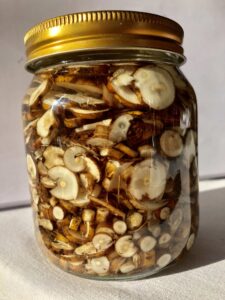
So to be clear, Tinctures are concentrated herbal medicines made from macerating plant material in a solvent we are talking about alcohol extraction here in this article. The maceration process extracts the alcohol soluble active components of the herb. Alcohol is often the liquid of choice, as it can extract components, such as resins and alkaloids, that are not water-soluble.
The craft of tinctures creation comes with its own specialised vocabulary as we have seen above. The menstruum is the solvent liquid that is used to extract the plant constituents; in this case, alcohol. Solvents are liquids that the medicinal constituents of a plant will dissolve into as discussed above. The menstruum doesn’t need to only be alcohol it can include – vinegar, water, vegetable glycerin, oil, honey, or wine.
Most commonly, the word tincture is referring to an alcohol extraction. A tincture made with glycerin is usually referred to as a glycerite (great for children or people who do not have alcohol).
Other plant extraction methods are referred to by the type of menstruum used, such as herbal vinegars (which are often used when it is the minerals you would like to extract).
Fresh Herb Tinctures
After harvesting, the fresh herbs are chopped up and macerated in the alcohol. It is often stated ‘scientifically’ that using a fresh herb makes a weaker tincture due to the water content diluting the final medicine but this, in our experience, is not strictly true. There is something of the original essence of the plant captured in a fresh herb tincture; it also feels more alive to the taste. Fresh herb tincture are called Specific Tinctures. Our mentor the Herbal Wizard Christopher Hedley wrote this lovely article about why he preferred fresh herbal tincture.
Read it here: Christopher Hedley’s Essay on Fresh Herb Tinctures
Here is a video of the creation of a ground ivy tincture
After Macreation
Once fully macerated after the lunar cycle, the tinctures will need to be strained. We do this by pouring it all out through a muslin cloth, squeezing the last drops of liquid out and putting the ‘Mark’ onto the compost heap.
The finished tinctures are then stored in dark glass and labeled for use in combination with other herbal tinctures to produce situation-specific remedies. We always anticipate the first taste of a new tincture with relish to see what properties we can experience from these fantastic preparations.
Step 1 Decide which herbs you will use for your herbal tincture. You may use one herb or a mixture of a few, depending on what medicinal properties you would like your tincture to have. If you have health conditions, make sure the herbs you are choosing are safe for you to use. If your herbs are fresh, chop them into small pieces.
Step 2 Pour your herbs into your mason jar. You may tincture as much herbs as you like, but a good place to start is to fill your jar 1/3 of the way full with your herbs of choice.
Step 3 Pour your alcohol over your herbs, covering the herbs completely with the alcohol, then keep pouring until the alcohol is above the herbs 2 inches.
Step 4 Cover your jar with an airtight lid. Shake your tincture, and label it with the herbs used, type of alcohol used, and date made.
Step 5 Place your jar in a warm place away from direct sunlight. You will let your tincture steep for 4-6 weeks, shaking it daily to help open the cell wall and release the medicinal properties form the herbs.
Step 6 After 4-6 weeks, strain your herbs from the alcohol. You can transfer your tincture to glass dropper bottles if you have them. Be sure they are labeled properly with all ingredients!
Since your tincture is made with alcohol, it will last indefinitely if stored in an airtight, glass container and away from sunlight. It’s best to store tinctures in dark glass to keep out any direct light.
We make tinctures fresh each year. Getting a community of fellow herb lovers together enables the sharing and swapping of resources to keep your supplies and stores turning over regularly.
Using your Tincture
Dosage depends on what kind of herbs you have used, but a good general dosage to start with a few drops 2-3 times daily to get into the tastes and energetics of the herb. You need to understand a herb and know it well before embarking on a relationship with it.
Pay attention to your body and any differences you feel.
Herbs that go well in brandy, vodka or gin tinctures. Note: we sometimes alter this if we are combining herbs to make sure they are created from the same alcohol:
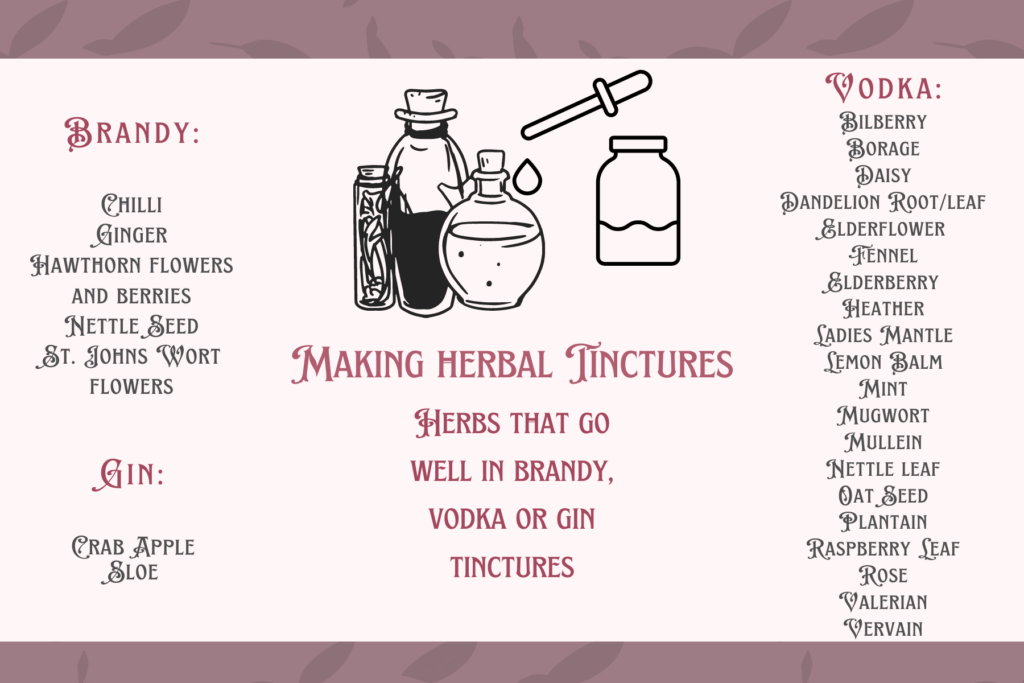
Don’t stop reading yet…!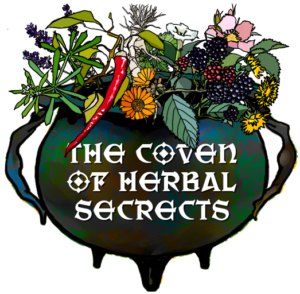
If you want to know the more about Practical herbalism and how to create your own home remedies why not join our Coven? You’ll soon have access to our best resources while increasing your confidence and knowledge about the magic of herbs and master the art of herbal remedy creation, spells and rites, plus step by step guides to getting to know your plants better.
Practical herbalism covers the topics above more in-depth, plus:
- Detoxification with Herbs
- Herbal First Aid
- Gardening and growing herbs
- Supporting the Nervous System – Sleep Course
- Illnesses and medical conditions and how to treat them naturally

